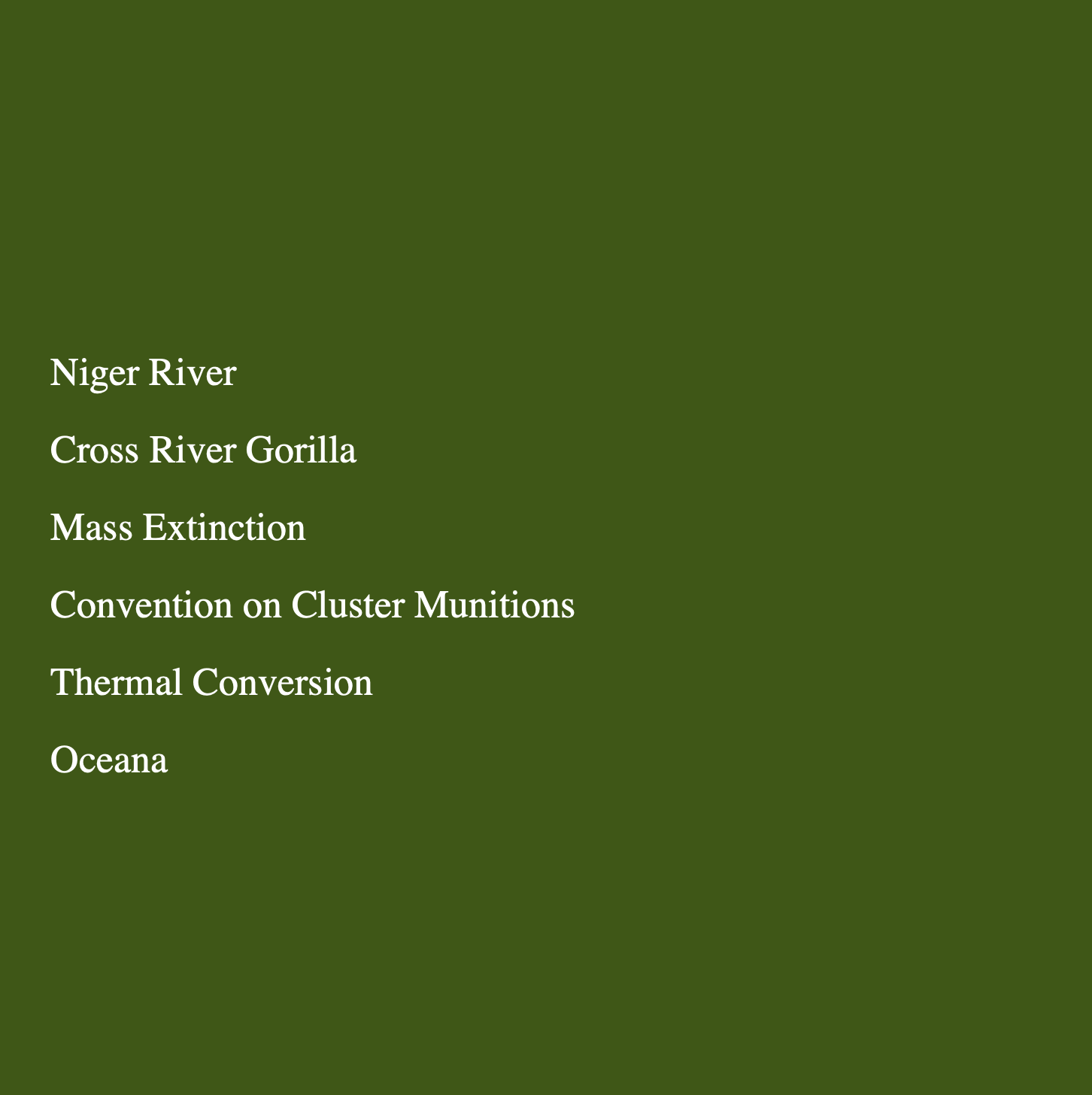Title: "Navigating Our Planet's Lifelines: From the Niger River to Cross River Gorillas and the Perils of Mass Extinction - The Role of International Conventions, Sustainable Technologies, and Conservation Efforts"
Our planet’s rich tapestry is woven with threads of diversity, from the winding Niger River to the dense African forests that shelter the Cross River Gorilla. However, these lifelines face threats such as potential mass extinction and other human-induced challenges. In response, international agreements like the Convention on Cluster Munitions, sustainable technologies like thermal conversion, and conservation organizations like Oceana offer pathways to navigate these complex issues.
The Niger River, the principal river of western Africa, plays a vital role in supporting the region’s biodiversity and human livelihoods. Despite its importance, the river’s ecosystem faces growing threats from pollution, overfishing, and climate change, jeopardizing its long-term health.
Similarly, the Cross River Gorilla, native to the forests spanning Nigeria and Cameroon, is on the brink of extinction due to habitat loss and hunting. Their struggle mirrors the broader threat of mass extinction, as climate change and human activities disrupt habitats worldwide.
Mass extinction, however, isn't the only catastrophic event we need to address. The Convention on Cluster Munitions, an international treaty prohibiting the use, transfer, and stockpile of cluster bombs, symbolizes the collective efforts to mitigate human-induced tragedies. Cluster munitions are known for their long-lasting, devastating impact on civilian populations and the environment. The treaty serves as a reminder that human actions can lead to destruction, but our collective commitment can also foster safety and preservation.
Alongside international regulations, sustainable technologies offer another avenue for positive change. Thermal conversion, a process that converts organic waste into clean energy, holds promise. By using heat to decompose waste, it generates energy while significantly reducing landfill mass and greenhouse gas emissions.
Conservation organizations also play a crucial role. Oceana, the world's largest ocean conservation group, focuses on influencing specific policy decisions to preserve and restore the world's oceans. From advocating for sustainable fishing practices to campaigning against offshore drilling, Oceana's work underscores the power of advocacy and targeted conservation.
In this interconnected narrative, the plight of the Niger River and the Cross River Gorilla, the alarming prospect of mass extinction, the demonstration of human resolve in the Convention on Cluster Munitions, the promise of thermal conversion, and the advocacy of Oceana all contribute to the broader conversation about our planet’s health.
In conclusion, from the flowing Niger River to the dwindling numbers of Cross River Gorillas, we are bearing witness to significant environmental challenges. However, with the right mix of international regulation, as demonstrated by the Convention on Cluster Munitions, sustainable technology like thermal conversion, and the unwavering advocacy by organizations such as Oceana, we have the tools needed to address these challenges, protect endangered species, and conserve our ecosystems.
